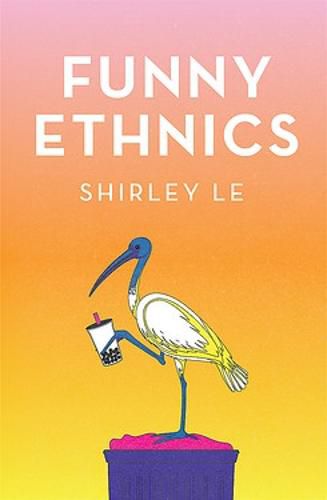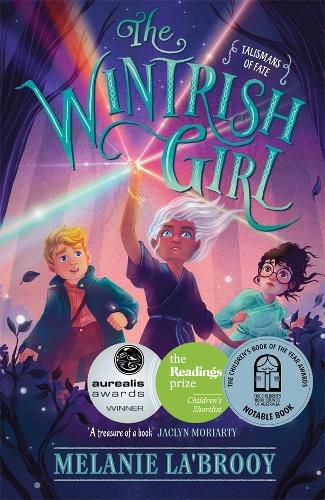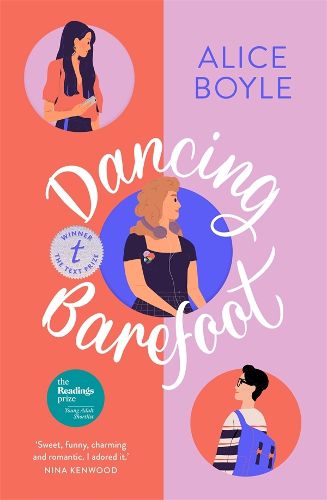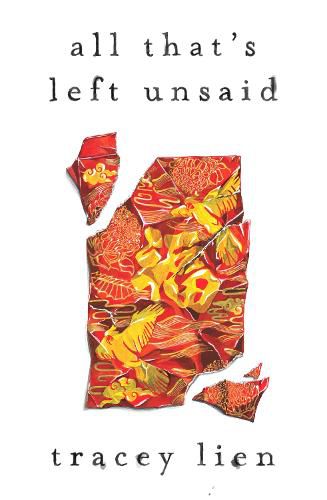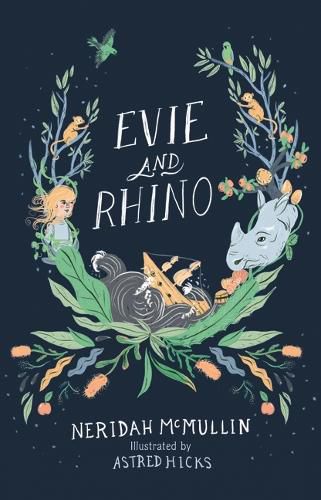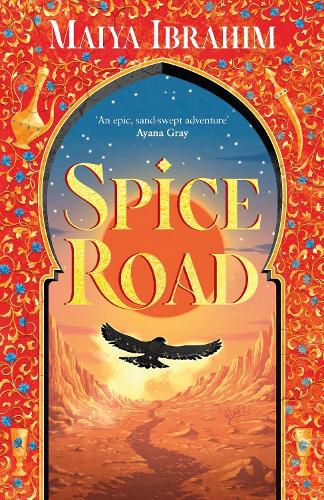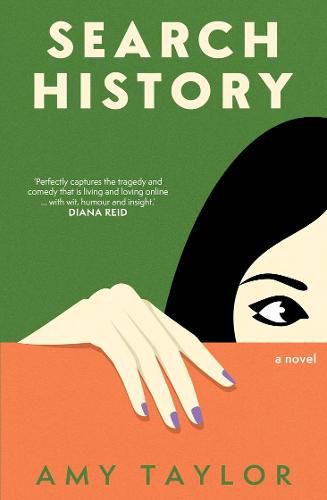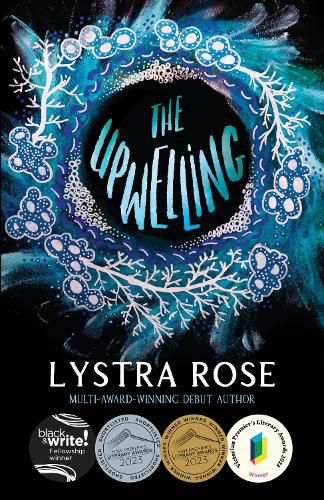The Readings Prize – pathway to publishing
The winners of the Readings Prizes will be announced later tonight. Below, a number of this year's shortlistees discuss their pathways to publishing.
Shirley Le: I have been raised by a community of writers at the Sweatshop Writers Collective, a literacy movement based in Western Sydney that empowers writers from culturally and linguistically diverse communities to tell our stories on our own terms. In 2021, Affirm Press started a mentorship for Sweatshop writers and I was fortunate to be part of the program to develop my manuscript.
Melanie La’Brooy: The utterly fabulous Tara Wynne from Curtis Brown has been my agent since around the mid-16th century. (That’s what it feels like anyway, I’m quite sure Tara feels like it’s been longer.) Tara set up a meeting for me with Clair Hume, the extraordinary children’s publisher at UQP. Clair and I had a long chat over Zoom and I remember telling Tara afterwards that I felt Clair really understood what I was trying to do with the Talismans of Fate series.
There must be easier books for a publisher to take on than a children’s fantasy book with political and social commentary threaded throughout it but that was exactly what Clair loved about it. She also has the gift of foresight that every good publisher needs.
Alice Boyle: I took something of a scenic route to publication. I always knew that I wanted to be an author; it’s been my biggest dream since I was a kid ... I had some short stories published, including one in Growing Up Queer in Australia, but writing Dancing Barefoot was a longer process. It was my partner who encouraged me to enter the Text Prize. I’d read and loved previous Text-Prize-winning novels; I never thought I’d win!
Tracey Lien: Once I completed All That’s Left Unsaid, I queried literary agents the old-fashioned way: I looked for novels that I loved that are comparable to mine, flipped to the acknowledgements (authors usually thank their agents in this section), looked them up, and cold-emailed seeking representation. Landing with the right agents in the U.S. and U.K. unlocked everything else for me.
Neridah McMullin: It’s been a long one, and not an uncommon one. For years, I created in between the gaps of work and family life. It hasn’t been easy, but I’m persistent. Writers have to be brave, attend conferences and seminars and participate in pitches and assessments. I learned a huge amount from these experiences. The main thing for me was that I was pitching my work too early. My manuscripts weren’t quite ready, the ideas not fully formed, so they weren’t yet good enough.
Maiya Ibrahim: I had been querying a science fiction manuscript when I finished Spice Road. I was intending to query that traditionally too but ended up connecting with my agent through a pitching event on Twitter for un-agented marginalised writers, called #DVpit. We revised Spice Road together for roughly a year before putting it out on submission, and after the trilogy sold to Delacorte Press, I revised the book even more with my editor until we were happy with it—and that was a very happy day indeed.
Amy Taylor: In 2021, on the advice of a mentor, I adapted a chapter of Search History into a short story and entered it into a competition run by Ultimo Press. I was lucky enough to have my story selected for publication in Ultimo’s anthology. That story caught the eye of my agent and my novel was sold shortly after I signed with Curtis Brown. The journey has been fast and incredibly exciting, and I’m so grateful to have so many grounded people—editors, friends, family and my agent—supporting me.
Lystra Rose: I have learned a lot. The publishing pathway can be tricky for First Nations stories because Western systems, like deadlines, don’t always fit well with cultural protocols, like the time it may take to get approval from Indigenous communities. I was thankful to have a publishing team at Hachette who are willing to communicate and wrestle through so that the best book goes to print, which includes allowing proper cultural consultative processes, cover art, story, blurb, dinkus, glossary, author bio, etc. There is so much that goes into a book!



